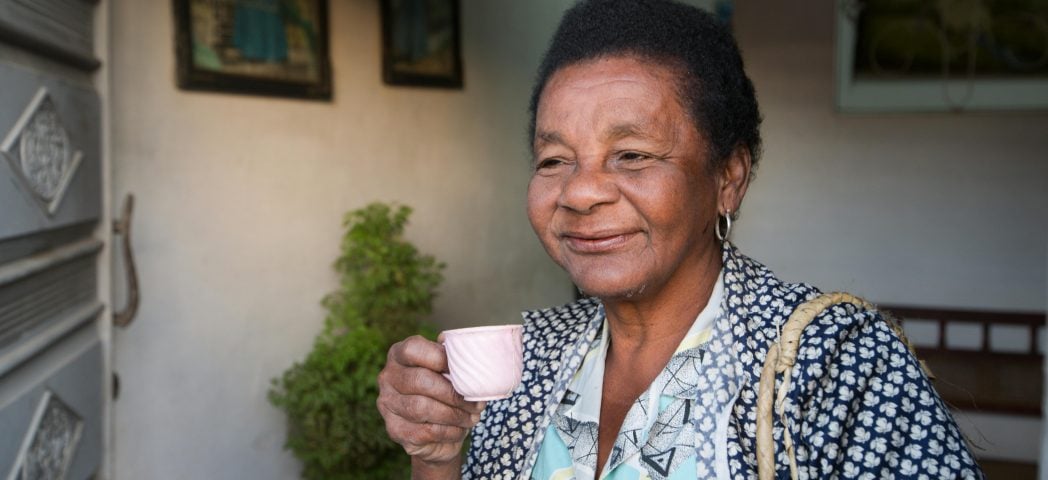Carers Can Be Excluded
The treating team cannot give you information if the person receiving care, excludes you in writing (4), even if you think you are the main provider of care.
However, the treating team is not required to recognise a person who has been nominated or excluded as a designated carer or principal care provider, if:
- They believe that to do so may put the person or the carer at serious risk of harm, or;
- There are grounds to believe that the person at the time of a nomination or exclusion lacked the capacity to make such decisions.
The person receiving care can vary or revoke their nomination or exclusion of a person as a designated carer.
The nominations and exclusions stay in place for one year unless varied or revoked.
Persons under 18 years cannot exclude their parents from being recognised as designated carers (5).
For information on ‘Information Sharing’, visit our website here.






